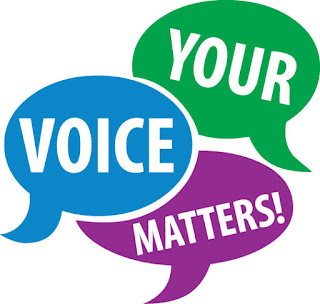by Audrey
Foxx & Erika Hernandez: Idinda Village
 With downcast eyes
and a voice no louder than a whisper, Sharifa, began detailing how the
convergence of poverty and menstruation served as a barrier for keeping girls
in school within her community. A fourteen-year-old student at Idinda Primary
School in Eastern Uganda, her tangible discomfort personified the experience of
young girls globally when discussing menstruation- with observable hints of fear,
shame, anxiety, and taboo. With gradual coaxing from the notably progressive
and supportive Headmaster, Robert Nabe, Sharifa explained how poverty holistically
amplifies struggle for rural Ugandans, and menstruation was no different. “I am lucky that my mother can afford
sanitary napkins, but that is not common here. Many of my friend’s fear coming
to school, or just don’t bother because they don’t have the proper materials”. This stark reality is the case for many
young girls within Idinda, where tampons and other menstrual products are
nonexistent. In a village where the weekly household expenditure averages
10,000 shillings (about $3 USD) the price for a pack of 7 pads (3,000
shillings) is a financial luxury families just can’t afford.
With downcast eyes
and a voice no louder than a whisper, Sharifa, began detailing how the
convergence of poverty and menstruation served as a barrier for keeping girls
in school within her community. A fourteen-year-old student at Idinda Primary
School in Eastern Uganda, her tangible discomfort personified the experience of
young girls globally when discussing menstruation- with observable hints of fear,
shame, anxiety, and taboo. With gradual coaxing from the notably progressive
and supportive Headmaster, Robert Nabe, Sharifa explained how poverty holistically
amplifies struggle for rural Ugandans, and menstruation was no different. “I am lucky that my mother can afford
sanitary napkins, but that is not common here. Many of my friend’s fear coming
to school, or just don’t bother because they don’t have the proper materials”. This stark reality is the case for many
young girls within Idinda, where tampons and other menstrual products are
nonexistent. In a village where the weekly household expenditure averages
10,000 shillings (about $3 USD) the price for a pack of 7 pads (3,000
shillings) is a financial luxury families just can’t afford.
Globally, educational
attainment serves as one of the most powerful drivers for economic achievement,
and positive health outcomes across the life course- especially for young
girls. Educated women are less likely to enter into child marriages or experience
domestic abuse, and have a higher likelihood of having fewer and healthier
children; these children are then in turn, able to receive an education and
avoid a life of poverty, inequity, and disenfranchisement. While gender roles,
civil unrest, and conflict are often recognized as barriers for keeping girls
from school- menstruation is commonly overlooked and under addressed. Misconceptions
and taboos that perpetuate myths of impurity in many countries around the world
teach girls to feel shame about their bodies, and give others the space
ostracize women and perpetuate these narratives.

For young women in
Uganda, sanitary napkins aren’t financially feasible explained Headmaster
Robert. “Most young girls here resort to
using cloth, which is both unhygienic and an unfit substitute for sanitary
napkins” His authenticity palpable, he went on to explain that with school
hours stretching from 7am-5pm, school is truly a second home for these girls. Headmaster
Robert has even gone as far as purchasing sanitary napkins and spare uniforms
for the girls at school, but it’s a small drop in the bucket in terms of
sustainable solutions. “Schools need to
be doing more, but we are not financially equipped to tackle this problem
alone- we need support”. When asked what he believed would be a long-term solution,
he alluded to funding for necessary facilities like a washroom or a changing
room. He continued by emphasizing the importance of normalizing menstruation
and empowering young girls. “This is so
often seen as a silent problem where girls suffer alone, we as a community need
to be talking about this, and doing more”.
You can make a difference by contributing to UVP to support reproductive health education to fight menstruation stigma. Join the movement! Sharifa's story has been shared with her permission.































